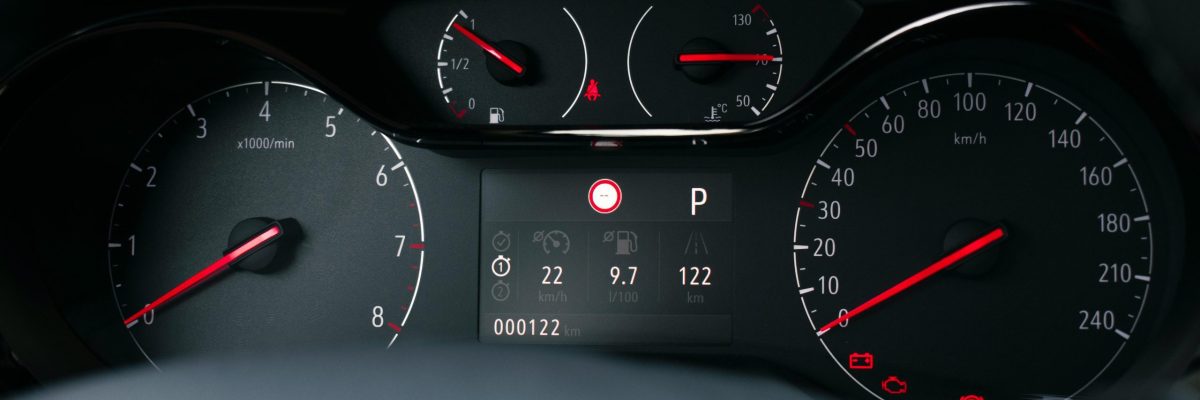When it comes to claiming car expenses, tax accountants in Melbourne often recommend the “cents per kilometre” method as a simple and effective method. This method is a popular choice for individuals and small businesses looking to maximize tax deductions on car expenses. The other option, the logbook method, requires detailed logbooks to be maintained which can be challenging in itself. Let’s explore how a Melbourne-based tax accountant can use this method to keep the Australian Taxation Office (ATO) happy.
Understanding the “Cents per Km” Method
The “cents per kilometre” method allows individuals to claim a set rate for each kilometre they travel for work-related purposes. This rate is determined by the ATO and is adjusted annually to reflect changes in fuel prices and other car related expenses. As of the latest update, the rate is 88 cents per kilometre (subject to change) so it’s always important to check for the most current rate.
One of the main advantages of the “cents per kilometre” method is that it is simple to calculate. Unlike the “logbook” method, which requires detailed records of every journey, the cents-per-kilometre method only requires a reasonable estimate of work kilometres travelled.
Key Requirements for the “Cents per Km” Method
For clients to use this method, a tax accountant Melbourne ensures the following conditions are met:
- Work-Related Use: Only business or work-related kilometres can be claimed. This includes traveling between different work locations or attending meetings offsite but does not include traveling from home to work, which is considered private. There are limited exceptions to the home to work travel being considered private. Please contact your tax accountant, such as Nobel Thomas, for further details.
- Maximum Claimable Kilometres: The ATO caps the maximum claim at 5,000 kilometres per vehicle per tax year. Note that it is 5,000 kilometres per vehicle. If the client’s work-related travel exceeds 5,000 kilometres, it maybe worth exploring other options, such as the logbook method. Again, your tax accountant will be able to determine which claim will be better for you.
- Record of Travel: While no logbook is required, the ATO does expect that taxpayers can reasonably estimate or support their claim. For example, if you travel on average 100 hours per week for work purposes, then it would be reasonable to claim 5,000 kilometres (provided you work at least 50 weeks in the financial year). Melbourne accountants typically advise clients to keep a simple record in a diary or an app, noting the date, purpose of the trip, and kilometres traveled. This ensures there’s evidence in case the ATO questions the claim.
Benefits of the “Cents per Km” Method
For many taxpayers, the “cents per kilometre” method is advantageous because:
- Ease of Use: Clients can calculate the deduction quickly by multiplying total work-related kilometres by the current rate.
- No Logbook Required: Clients are not required to keep a log book, which can be time-consuming.
When to Consider the Logbook Method
While the “cents per kilometre” method is easy to use, a tax accountant may recommend the logbook method in cases where:
- The client frequently travels for business or work and exceeds 5,000 km.
- Detailed records are already kept for other purposes.
- The vehicle costs, including fuel, maintenance, and depreciation, are high, and the actual claim under the logbook method may exceed what the cents-per-km method provides. This can often be the case when the cost of the vehicle used for work is high (e.g. more than $30,000) and the car is used primarily for work purposes (e.g. the car is used 65% for work purposes and 35% private).
The “cents per kilometre” method is a practical tool for taxpayers who use their vehicles for business or work, providing an easy way to claim deductions. By consulting with a tax accountant familiar with ATO requirements, clients can maximize their deductions while staying compliant. For anyone unsure about which car expense method suits their circumstances, a tax accountant Melbourne can offer guidance. Feel free to contact Nobel Thomas at your convenience.


